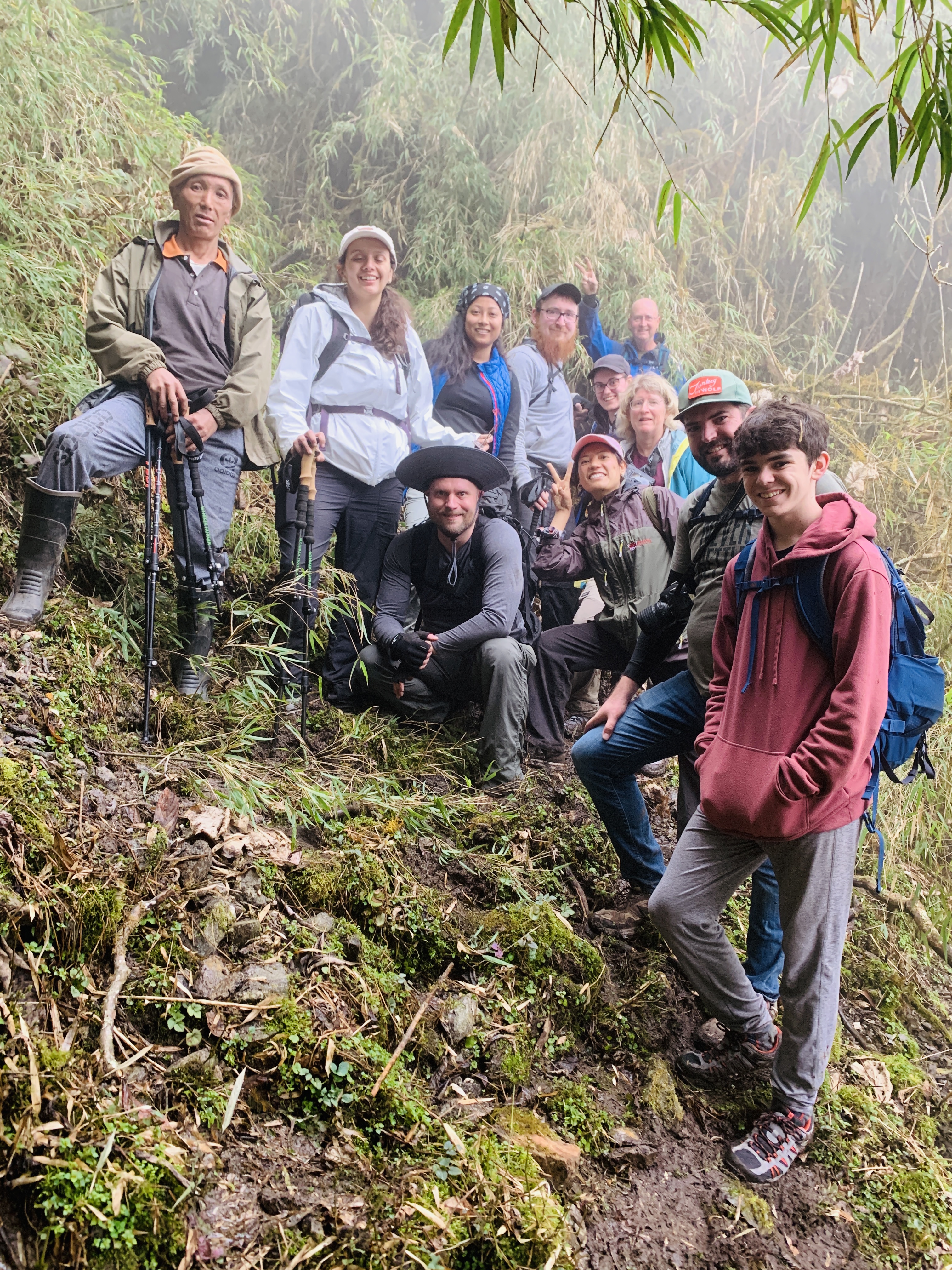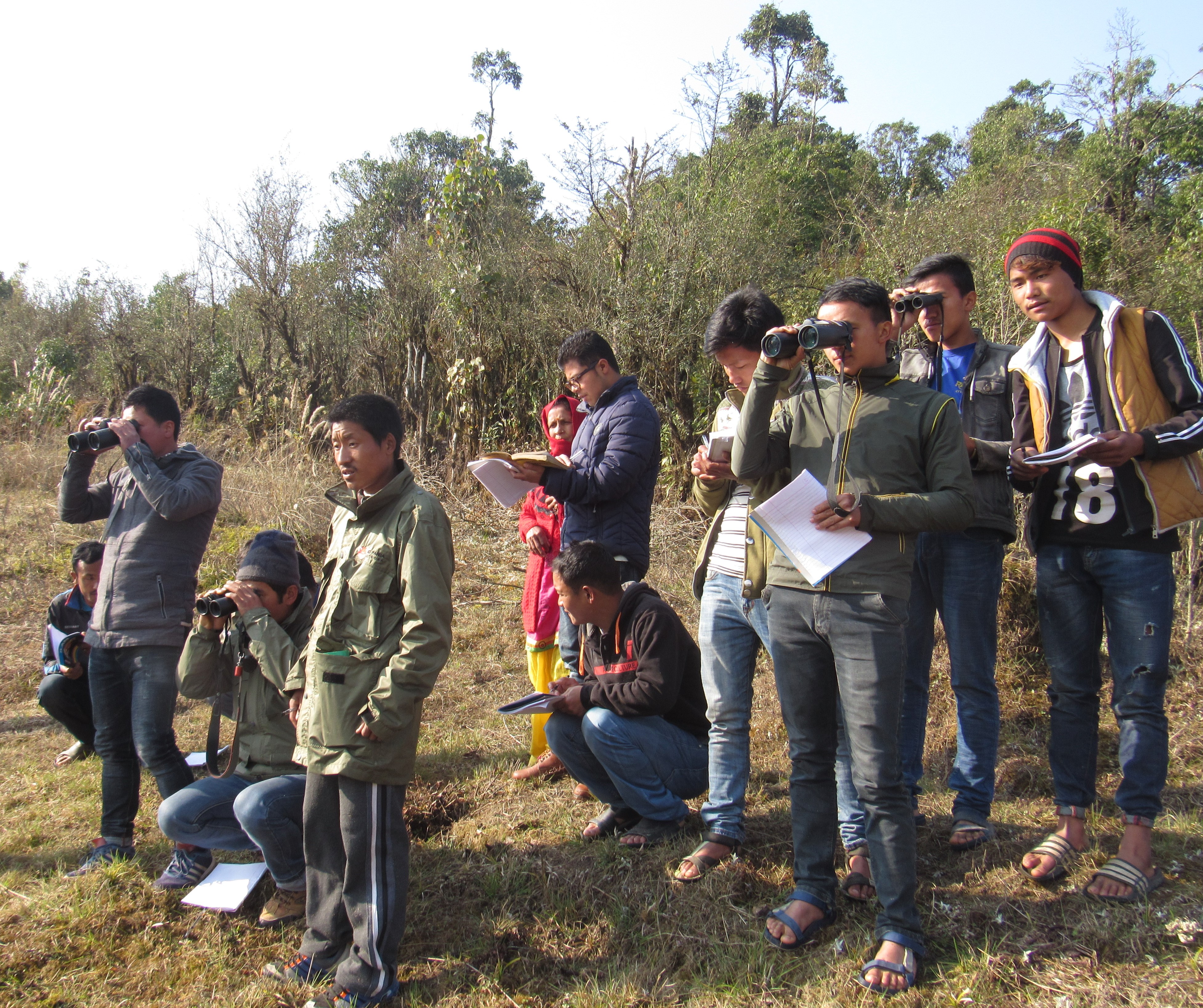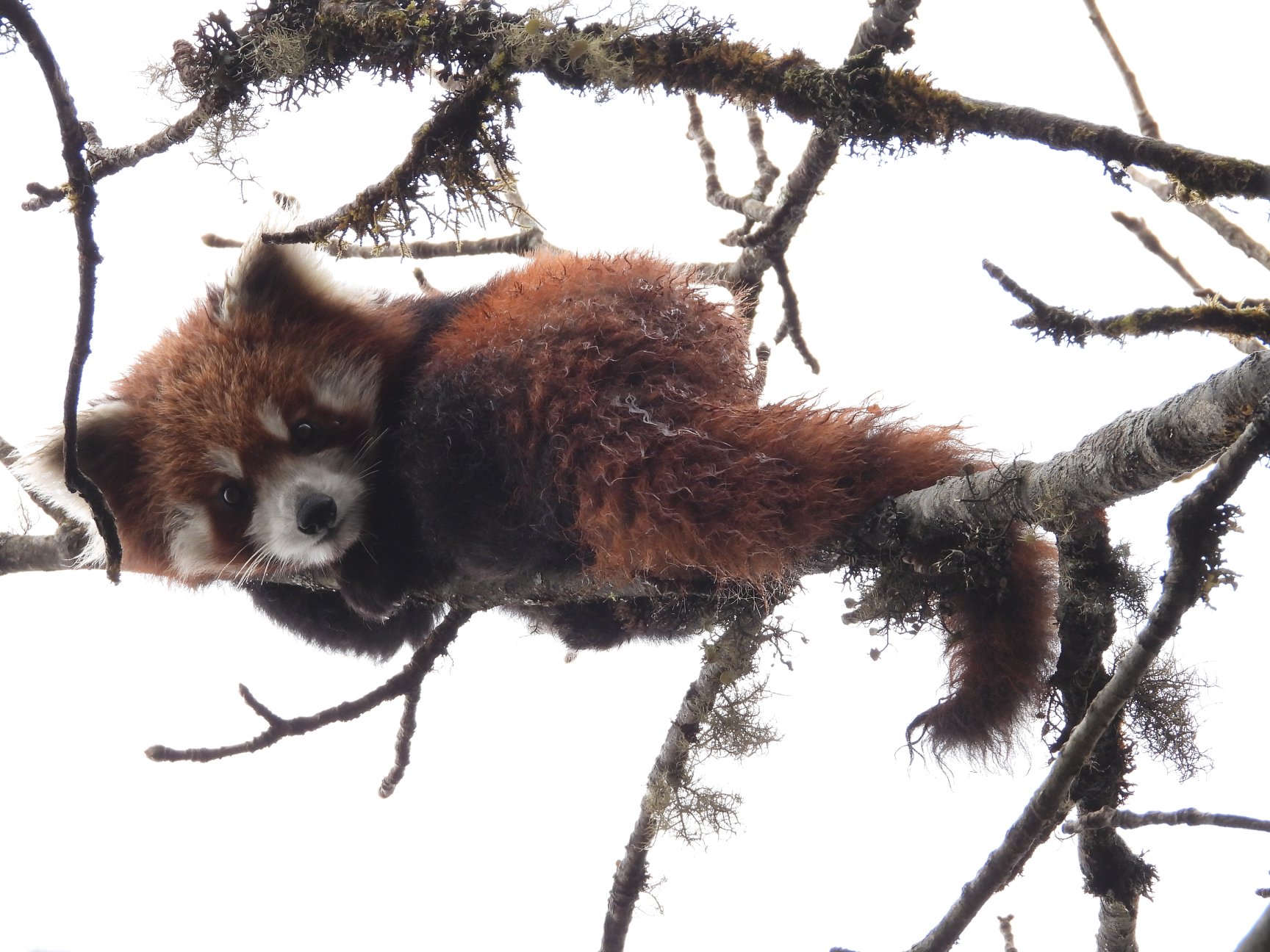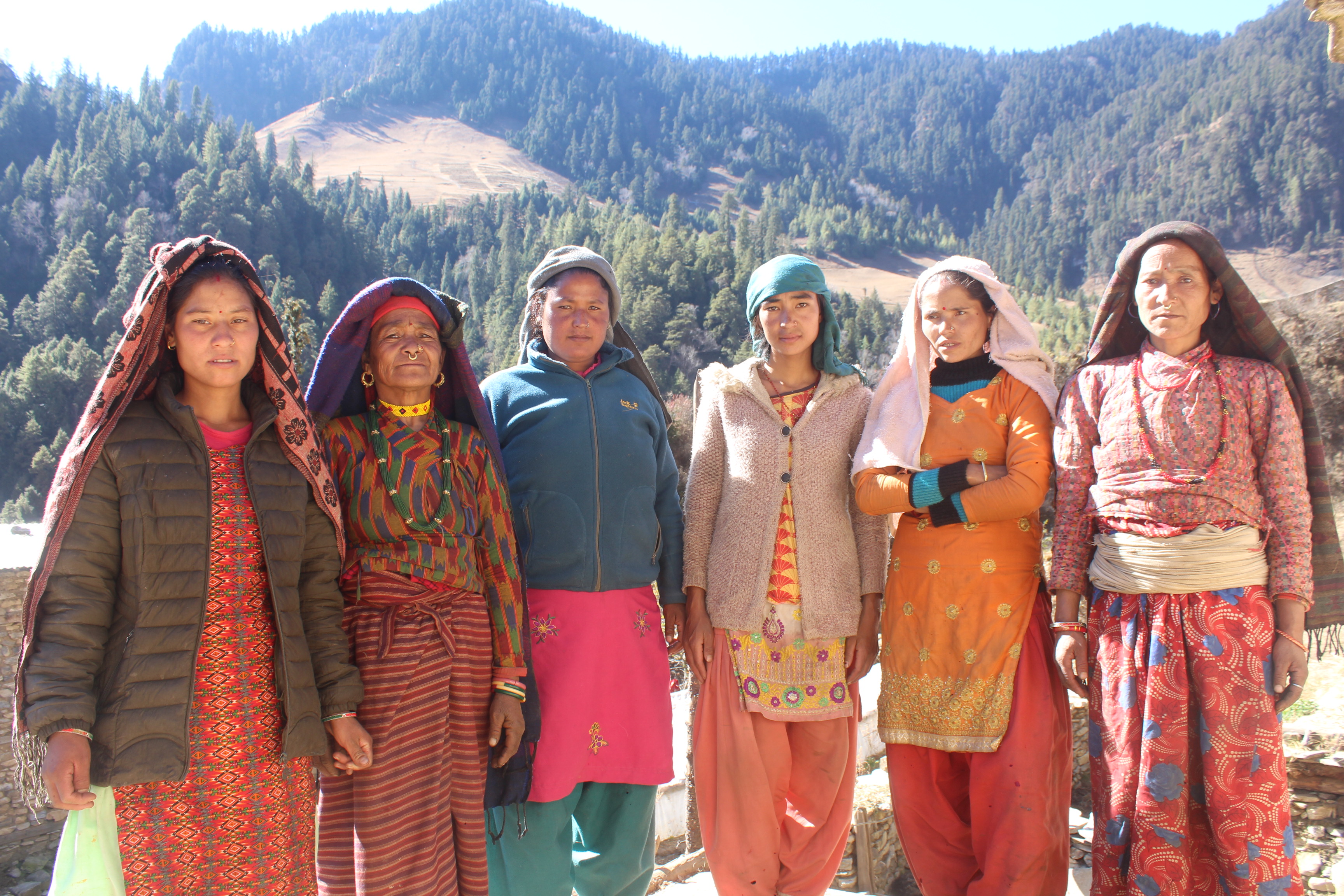The Return of Red Panda Ecotrips

The pandemic halted ecotrips in Nepal but they are back as one of our most effective conservation programs.
Forty-eight-year-old Sange Sherpa owns a homestay in Dobato, Ilam district (eastern Nepal). Sange is a former Forest Guardian and chairperson of a committee on red panda ecotourism and homestay management in Dobato.
The transition from traditional, forest-dependent living to a more sustainable way of life was significant for Sange and his family. “Had I not been involved as [a] Forest Guardian and homestay operator, my story would be different. I’d be living a harsh life, doing agricultural work, and my children would probably follow the same path,” Sange shared with Red Panda Network’s (RPN) Monitoring Officer, Pema Sherpa.
People like Sange, who live in Nepal’s red panda habitat in Nepal, are often smallholder farmers living below the poverty line. Farming practices here are labor-intensive and largely subsistence agriculture (when farmers grow food crops to meet the needs of themselves and their families) and cash cropping (crops grown to sell for profit).

Communities in rural Nepal rely on the forest for their daily fuelwood, fodder, and non-timber forest product (NTFPs) needs which depletes forest resources and reduces forest quality. But RPN’s community-based approach to conservation provides alternative opportunities to forest dependency. Opportunities like ecotourism.
RPN has identified ecotourism as one of the most effective approaches to community-based red panda conservation. It provides economic opportunities that support sustainable livelihoods and helps incentivize local communities to protect red pandas and their habitat. All food, lodgings, and hospitality during RPN ecotrips are provided locally, creating sustainable employment and income.
When someone signs up for an ecotrip (or donates to RPN) they’re supporting important activities like ecotourism workshops, and homestay management and nature guide training. For example, thanks to the support of our members – including Panda Guardians, the title we proudly give to our amazing team of monthly donors – we educated 46 local homestay owners on community-based ecotourism and how it can improve their livelihoods during workshops in 2021. Community Forest User Group (CFUG) and homestay committee members, as well as elected officials, also attended the workshops.
 Nature guide training in Gorkhe, Ilam district.
Nature guide training in Gorkhe, Ilam district.
The "Mai Pokhari Tourism Destination Plan" was the title of the workshop held at a popular tourist destination in Ilam district, eastern Nepal. Maipokhari is a Ramsar site of cultural and religious significance that is home to over 300 bird species and other biodiversity found nowhere else. We invited homestay owners to a follow-up meeting to discuss the plan's objectives and implementation of sustainable tourism. Workshops were also conducted in western Nepal’s Jumla and Kalikot districts. Topics covered were sustainable homestay management and operation, as well as waste management practices.
“Red panda ecotourism is not only benefiting local communities financially but also protecting red pandas and their habitat simultaneously," says Pemba Sherpa, the chairperson of Padma Sambhav Community Forest, in Dobato, Ilam district. The Community Forest receives funds from ecotourism which is allocated for red panda conservation activities like habitat restoration.

Local women during homestay management training in Jumla district, western Nepal.
In Jumla district, another homestay management training was provided to six local women where participants received certificates for official homestay registration and operation. This was a momentous achievement for RPN’s economic empowerment for women campaign.
Ecotrips are led by local people who can build their capacity during our nature guide trainings. Last year, ten Forest Guardians from Jajarkot district (western Nepal) completed a three-day comprehensive nature guide training which covered everything from roles and responsibilities of a guide, to identification of local flora and fauna. This is another example of how ecotourism can help diversify livelihood options that create sustainable income while reducing dependence on natural resources.
 A wild red panda photographed by Kuniko Kai during RPN ecotrip.
A wild red panda photographed by Kuniko Kai during RPN ecotrip.
“Thanks to red panda conservation and ecotourism, I can earn sufficient money and give my children a better education and a more comfortable life.” Sange added. Sange is not the only local person with a similar success story.
Join RPN on an adventure in red panda country that directly supports sustainable livelihoods in Nepal!

